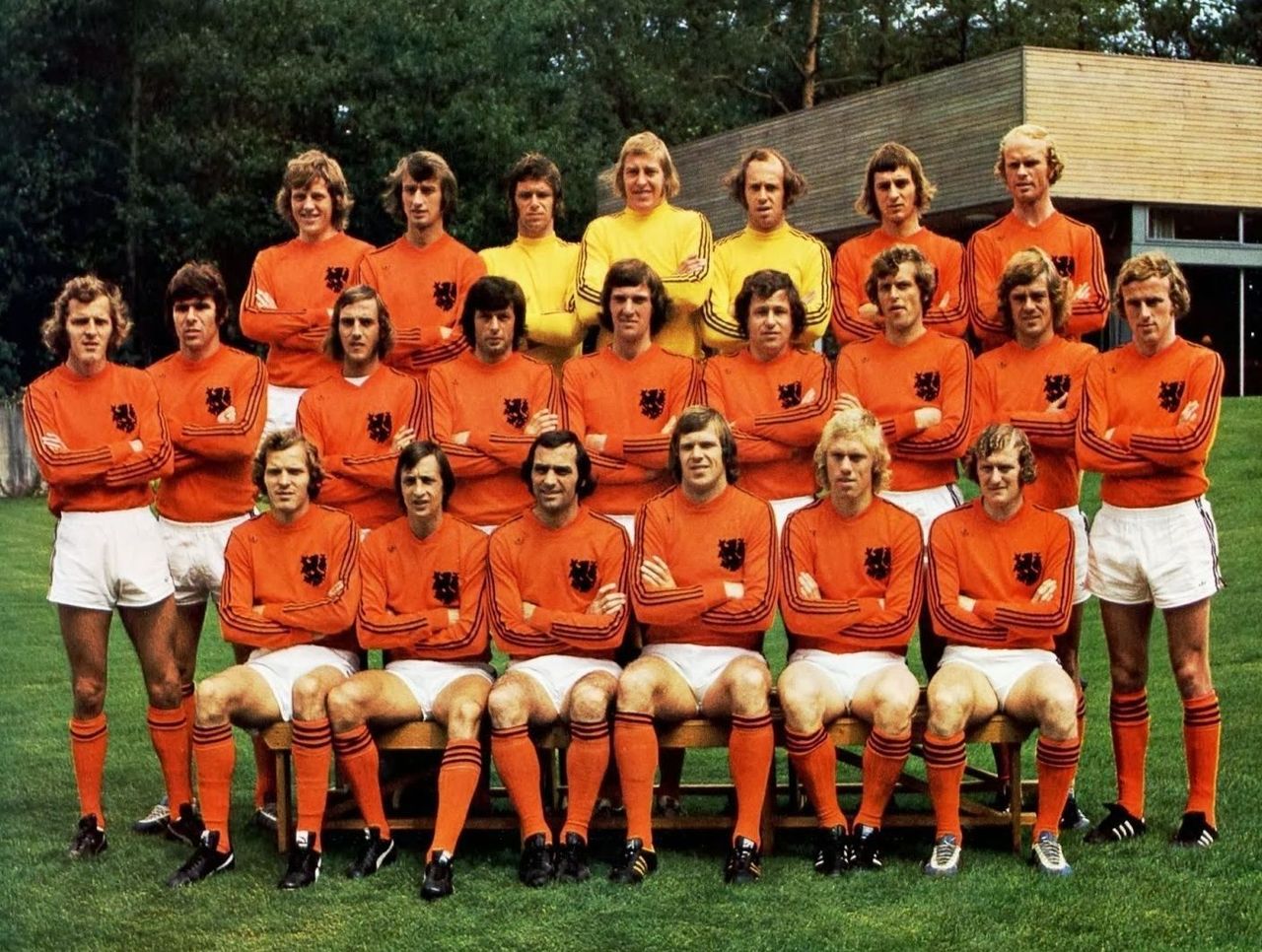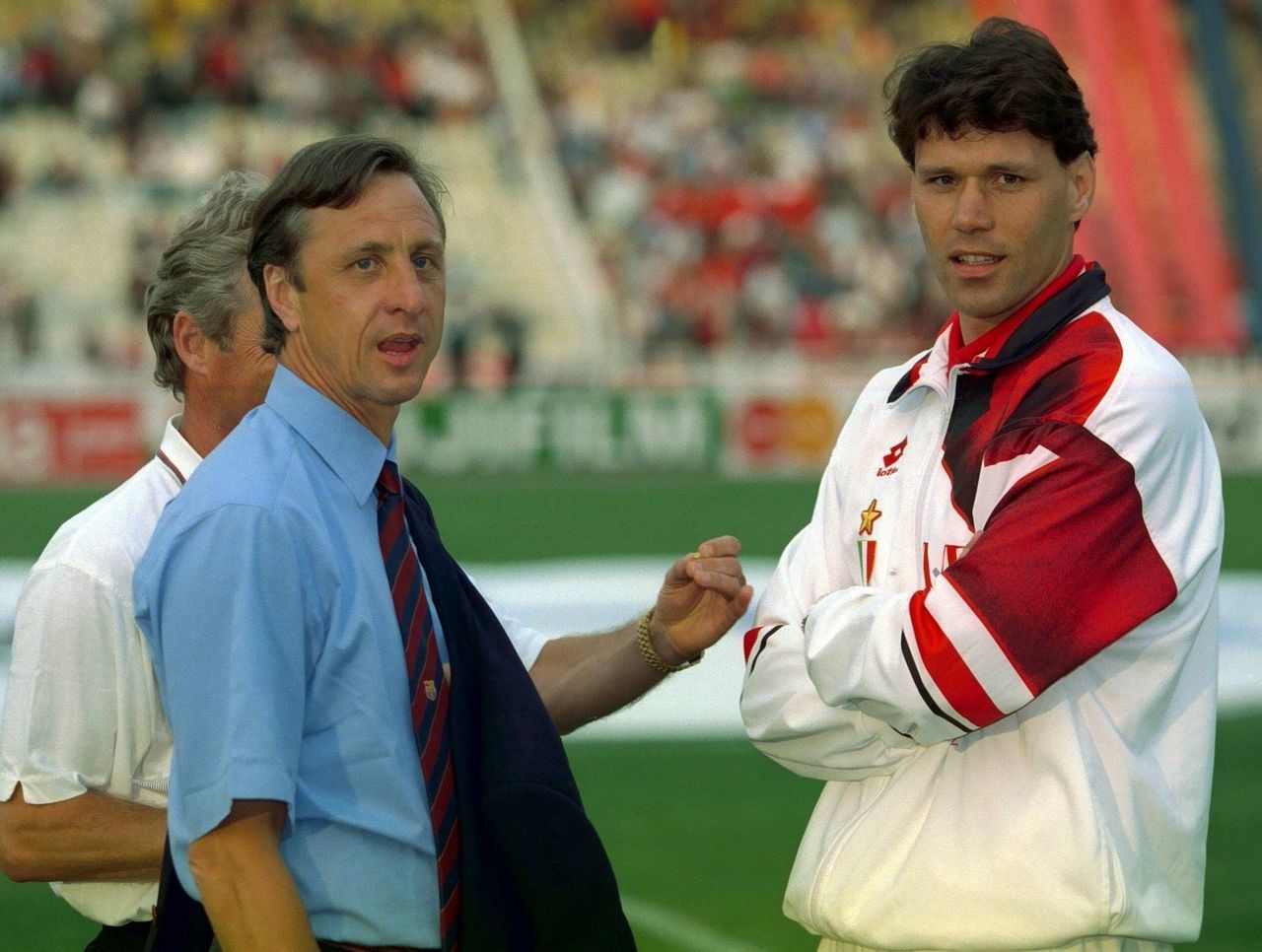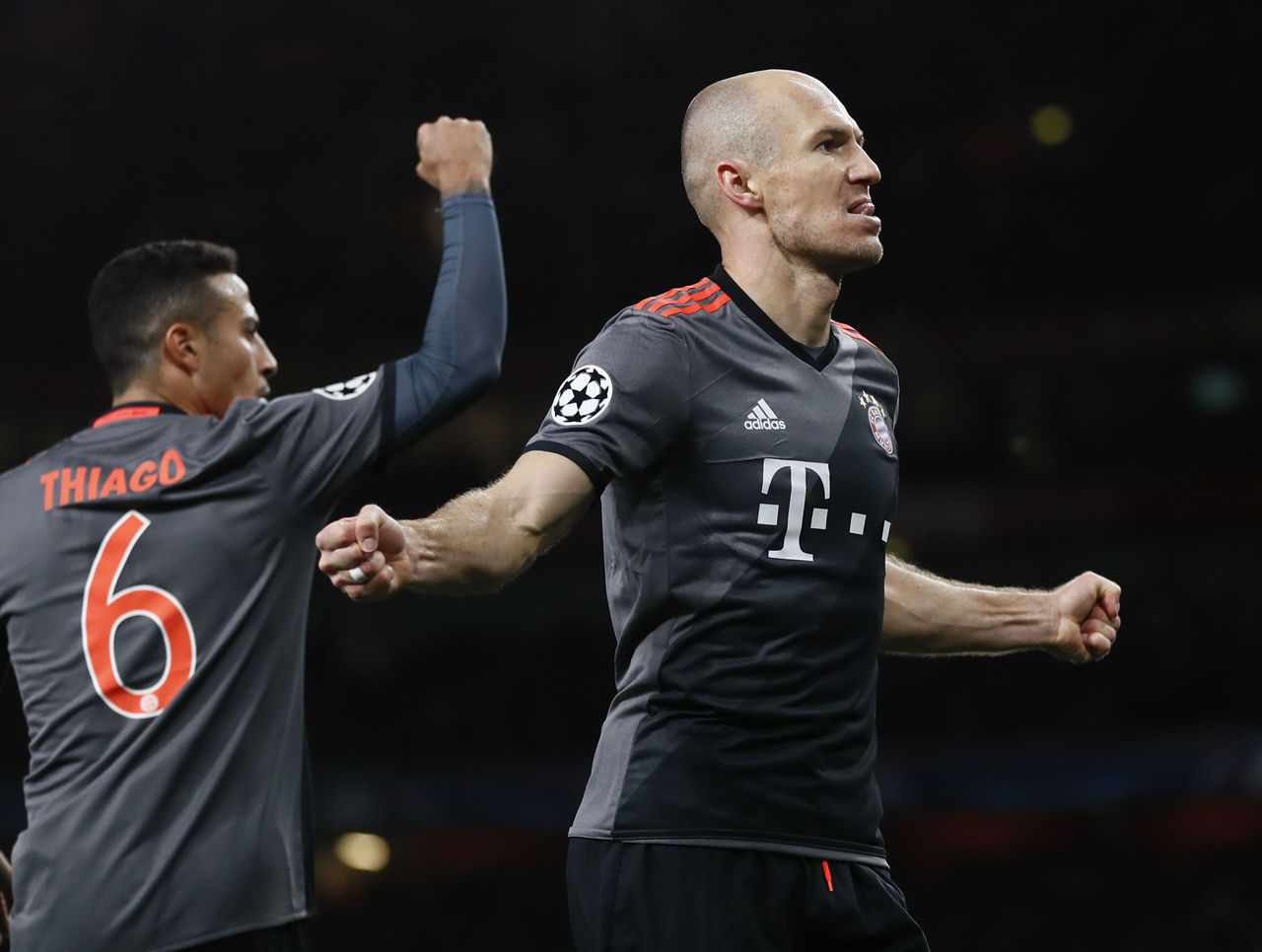The view from Holland: A Q&A with Auke Kok on the Dutch demise
Next month, the Netherlands will fall to 32nd in the FIFA rankings - the lowest the national team has ever been. A 2-0 defeat to Bulgaria in World Cup qualifying last weekend marked a low point for this great football nation, which for nearly half a century inspired all its rivals to play Total Football, and press and attack, just like the Dutch.
Although Holland made the 2010 World Cup final and finished third in 2014, it was only a coincidence, or as veteran Dutch sports journalist and historian Auke Kok described it, "sand in our eyes."
Related: What's wrong with Dutch football? Explaining the fall of a European power
"Even with a brilliant coach, our team would at its best be no more than OK," he said.
Kok, who writes for NRC Handelsblad and authored the 2004 Sportsbook of the Year "1974: We Were the Best," spoke with theScore to help us understand the demise of a perennial powerhouse.
Anthony Lopopolo: What has happened to the Dutch national team? There appears to be a lack of quality for both players and coaches, but it seems like the Dutch have lost their identity a little bit.
Auke Kok: I'm not so sure about that. I think we have a wave of Dutch talent that is much worse than before. At the moment, I think the quality is the worst it has been in 50 years. In fact, the Dutch clubs have performed badly for the past 10 years.
Since the beginning of the century, many countries have looked very well at our way of breeding football players. They all came to Amsterdam and Eindhoven and Rotterdam to see how we did these things, and they all went home with their notebooks filled with data and insights in our culture and our way of breeding football players.

In France, Germany, England as well, coaches like Arsene Wenger and Pep Guardiola, all those people were fond of the Dutch way. Total Football became a product of export. After that, countries like France and Germany, Belgium even, they developed their way of playing football further, while at the same time ours stood still.
We were so convinced and so proud of our football culture that it hardly developed any further, and now we have players who are relatively slow and small and not as mobile and quick as the players in England, France, Germany, Spain, and Italy.
AL: A foreign manager has not coached the Netherlands since 1978, but the KNVB hasn't ruled out hiring one. Are Dutch coaches simply not good enough anymore, or is considering an outsider just being sensible?
AK: I think it might be useful if we appointed, say, a German or Italian coach in Holland as a wake-up call. We have to adapt to modern standards as they have in other countries in Europe.
AL: Of course, the Dutch played some great football over the years, but even some of the greatest teams had certain players who made the system function. If Marco Van Basten and Ruud Gullit were scoring goals, Frank Rijkaard was the one behind them and helping them in midfield.
Even back when Rinus Michels took over Ajax in the '60s, one of his first signings was a defender, Velibor Vasovic from Yugoslavia. Is it at all possible that the Dutch have forgotten the fundamentals of the game - even if the defensive side is not exactly part of their game?
AK: I think so. I think the problem started when we gave our football culture a name, and we called it the Dutch school. That maybe wasn't so wise to do. Some parts of the Dutch school - playing the 4-3-3 and having one of the central defenders come up in midfield and playing with a No. 10 in midfield who was in effect an attacker - all these things were somehow written down in stone.
In fact, the concept of Total Football was not, per se, playing 4-3-3, although Cruyff always said that it was the best thing to do. But in essence it has to do with moving around and being very flexible and mobile. Defenders had to be able to attack and had to be able to defend. Those were the elemental things in Dutch football.

I can assure you there are professional clubs in Holland - even amateur clubs - who wrote that down as principles for the club. When there was a new coach, he was obliged to play 4-3-3. It became a kind of bible, a dogma. But football is a game with a lot of liberties. That's what we forgot. We had so many players who were coached from 8, 9 years on, and it was all about creating spaces in fields, but at the same time football has also got to do with running and fighting and being tough.
I've written a book about the Dutch team in 1974 World Cup, and it was the most fascinating team, the most attacking Dutch team ever, but it was also the most hard team. They made many, many fouls, and they could also play mean and cynical if they had to. That was all forgotten. Now we have many players who seem to be intelligent and decent and they know what their coaches mean with the tasks they get, but they are not so good in knowing where to run and they lack characters who know when showtime is over and when it's time for a battle.
So on one hand we have to keep the good things in our culture, and on the other we have to adapt the hardness and the quickness from other cultures.
AL: That goes right into my last question, because I think the key word when it comes to Dutch football in the '70s is versatility. Players could play all over the pitch, interchangeably.
I was listening to an interview with Gullit and he said AC Milan wanted him after they watched him play against Barcelona, but in that game he was actually playing as a defender. That versatility was there, and many other players played in several other positions as they developed.
Do the Dutch still have these kinds of versatile players, or is that what's missing?
AK: At the moment, we don't have players like Gullit, Patrick Kluivert, Frank de Boer, not even close. We only have one player of international class, and that's Arjen Robben. That's the only player in a top team and who's important there. In 2010, we still had Wesley Sneijder and Rafael van der Vaart, terrific technique. Those players aren't there anymore. And Robben is 33. His best years are behind him.

We are at the bottom of things. We have to breed our youth players differently, with more emphasis on physical things. If you look at Italy or France, all their players are 10 centimetres taller than ours, and they run quicker and they are as intelligent as our players. They also know how to make spaces small when they defend and spaces bigger when they attack.
All these things that used to be Dutch specialties are now common. It's an accumulation of horror.
(Photos courtesy: Action Images)
HEADLINES
- Olympiacos make history by winning UEFA Youth League
- Biggest winners and losers from Champions League quarterfinals
- Lyon score 3 times in last 10 minutes to stun PSG in Women's UCL semis
- Chelsea Women hand Barcelona 1st home defeat in over 5 years
- Serie A secures extra UCL place, Bundesliga and EPL still in contention